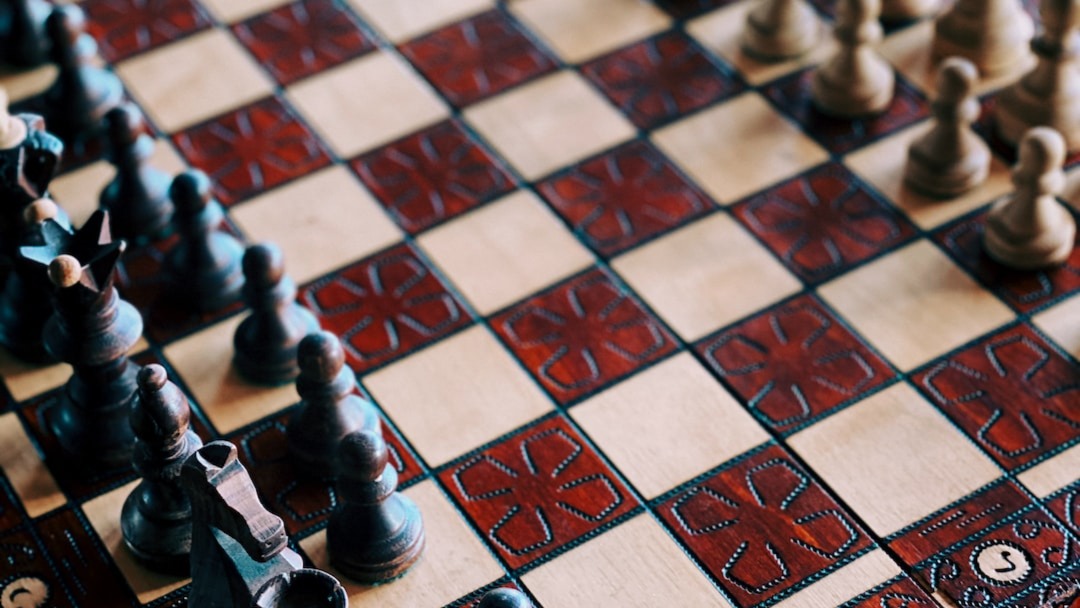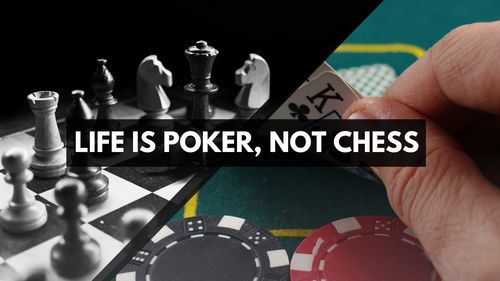The Decisions We Make In life Are Like A Game of Poker, Not Chess; Here’s Why
Jul 26, 2023 · 2 mins read
0
Share
John Von Neumann: The Father of game theory and the author of one of the most influential books of the century says that life is like poker, not chess. Many people view life decisions as a game of chess. However, it is not.
Save
Share
Chess Vs. Poker
Everything in chess is known, you can see the pieces of your opponent crystal clear and make a strategy according to that. The pieces can’t randomly appear or disappear from the board or get moved from one position to another by chance.

Save
Share
The game's outcome is determined by the quality of your decisions and overall strategy. If you make bad decisions, you are more likely to lose, and if you make good decisions, you are more likely to win. The involvement of luck is very limited.
Save
Share
Chess contains no hidden information and the role of luck is limited. Chess for all its strategic complexity, isn’t a great model for decision-making in life, where most of our decisions involve hidden information and a much greater influence of luck.
Save
Share
Coming to poker. It's a game of incomplete information, and a poker player must make high-stack decisions at a rapid pace, just like major life decisions where we don't always have all the facts, stacks are high, and most of the time we have a timeline to consider.

Save
Share
In poker, crucial information remains buried, and luck plays a huge part. Because you don't know what fresh cards you'll be dealt or revealed, you could make the best choice and yet lose the hand. We don't always know what's going to happen, just as in life.
Save
Share
In chess, outcomes are more closely tied to decision quality. In poker, it is much easier to get lucky and win or get unlucky and lose. In poker, separating the quality of your decisions from the influence of luck is difficult.
Save
Share
If life were chess, a rookie would never stand a chance against a veteran. But life is not chess; there is an element of chance involved in practically every facet of life, which is why we constantly hear stories about underdogs beating favorites in the real world.
Save
Share
A great decision is the result of a good process. That is why "Great decisions don’t always lead to great outcomes, bad decisions don’t always lead to bad outcomes."
In poker, this is known as resulting; we rate a decision based on its outcomes alone.

Save
Share
We have a difficult time separating luck from skill and almost always underestimate the amount and effect of what we don’t know. Our lives are too short to accumulate enough evidence from our own experiences to easily deduce choice quality from the small set of results we face.
Save
Share
0
